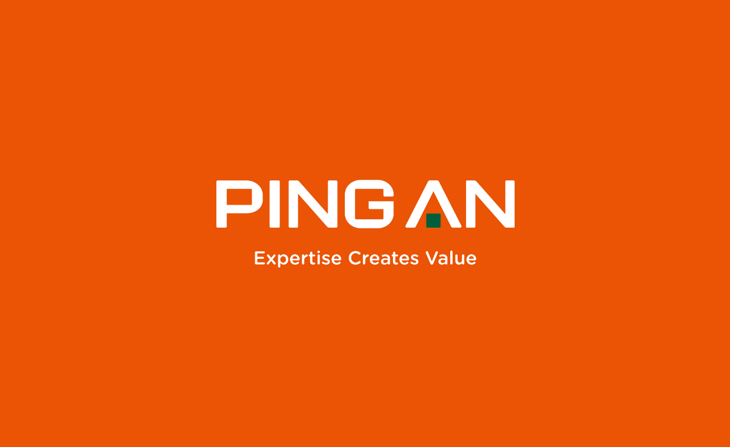 @Ping An.
@Ping An.
Ping An, one of China’s largest insurers, said it “delivered excellent results in insurance funds investment”. The company put some of this down to the stabilisation of China’s economy post-Covid-19.
Ping An is China’s largest insurer, and the world’s seventh largest, by annual revenue.
"China’s economic development still faces challenges including significantly
increasing complexity and severity of the external environment."
The Life and Health insurer said in its 2024 Interim Results Report released at the end of last week that its insurance funds investment portfolio achieved an annualised comprehensive investment yield of 4.2% in the first half of 2024, which was up 0.1 percentage points year on year. It had an annualised net investment yield of 3.3%, down by 0.2 percentage points year on year in the first half of 2024.
“China’s economy recovery continued in the first half of 2024 as economic structure continuously improved, GDP growth met expectations, fixed asset investment and import and export grew well, and new quality productive forces were becoming key drivers of economic growth at an increasing pace,” said the statement. “However, China’s economic development still faces challenges including significantly increasing complexity and severity of the external environment."
Over the course of the pandemic and the years afterwards, macroeconomic headwinds such as a conservative fiscal policy, global inflation, and the impact of deglobalisation and nearshoring around the world all took their toll on the world’s second largest economy. However, that issue appears to have turned a corner. China's economy expanded 4.7% in the second quarter from a year earlier, it was reported in July.
The statement also said the company was proactively watching fixed income investment for signs of an effect from falling interest rates. “[Ping An] lengthened asset durations and locked in long-term returns by increasing allocation to long-duration low-risk bonds including central and local government bonds and policy bank bonds at a faster pace,” it said. “Moreover, the Company seized market opportunities to boost investment returns by increasing allocation to fixed income assets held for trading.”
“The portfolio achieved a 5.4% average comprehensive
investment yield over the past decade."
The company said in the breakdown of individual business segments that its insurance funds investment portfolio grew 10.2% year to date to over 5.20 trillion Yuan (£555.4 billion) as of June 30, 2024, from 4.72 trillion (£504.2 billion).
The report showed that the company’s investment portfolio is made up largely of Debt financial assets, with bond investment (60.7% of carrying value) the largest by far, followed by Equities, with Stocks (6.4% of carrying value). Term deposits (4.3%) and Long-term equity stakes at 4.0% were the next largest. “The portfolio achieved a 5.4% average comprehensive investment yield over the past decade,” it said.
The rise in bond investments was also large in overall terms with a change from 2.74 trillion (£288 billion) to 3.15 trillion (£336.5 billion) year-on-year.
Overall, The Group delivered a 16.4% annualised operating ROE, with operating profit attributable to shareholders of the parent company reaching 78.4 billion (£8.3 billion) in the first half of 2024.
Net profit was 74.6 billion (£7.98), for H1 2023, compared to 69.8 billion (£7.46) in the same period last year, which was a 6.8% increase.
For the asset management business net profit was 2.6 billion (£280 million) compared to 1.97 (£210.4 million) last year in H1, a fall of 14.7%.
For the Life and Health segment of the business it said the total investment income was 8.58 billion (£920 million), compared to 8.04 billion (£860 million) in H1 2023 a 6.7% change.
Ping An is one of several major insurers that have seen positive H1 results with many also mentioning interest rates as part of a key facet of their healthy returns.